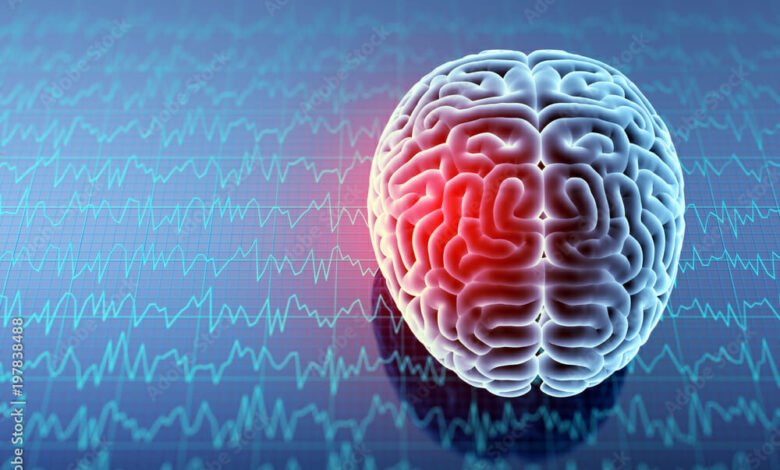Exploring the Potential of Neurofeedback for Enhancing Cognitive Performance

In the bustling world we live in, maintaining mental sharpness and managing stress are more important than ever. As we continually search for effective methods to boost our brain function, one promising approach stands out: neurofeedback. This innovative technique is gaining traction for its potential to improve various aspects of cognitive performance and emotional well-being.
What is Neurofeedback?
Neurofeedback, also known as EEG biofeedback, involves monitoring the brain’s electrical activity using sensors placed on the scalp. By displaying this activity in real-time on a screen, individuals can learn to control or change their brain waves. Think of it as a form of brain training that allows you to “tune” your brain’s electrical patterns, enhancing its ability to process information and manage emotions.
How Does Neurofeedback Work?
During a neurofeedback session, sensors are attached to the scalp to measure the brain’s electrical activity. These measurements are then fed back to the individual through a computer. The feedback often comes in the form of a video game or movie, which responds to the brain’s activity; for example, the game may play smoothly when the brain produces desirable patterns, and pause or slow when it does not. This direct feedback helps users associate certain mental states with positive feedback, gradually learning to control their brain waves consciously.
Benefits of Neurofeedback
1. Enhances Learning and Memory
Neurofeedback has shown promise in improving attention, memory, and cognitive performance. By training the brain to maintain optimal brain wave patterns, individuals may experience enhanced mental clarity and better memory retention, which can be particularly beneficial for students and professionals.
2. Reduces Stress and Anxiety
One of the significant advantages of neurofeedback is its ability to help regulate emotions, including reducing symptoms of stress and anxiety. Regular sessions can help train the brain to remain calm and collected in stressful situations, providing a natural way to enhance emotional resilience.
3. Improves Sleep Patterns
Improper brain wave patterns can contribute to sleep disorders. Neurofeedback can help by teaching the brain to settle into the natural rhythms necessary for healthy sleep. Many users report improved sleep quality after undergoing neurofeedback training, which is crucial for overall health and well-being.
4. Supports Brain Recovery
Neurofeedback is also used as a therapeutic intervention for brain injuries or neurological conditions. It can aid in the recovery of brain function by encouraging healthy brain wave patterns, potentially improving symptoms and functional outcomes in conditions like ADHD, depression, and even stroke recovery.
Choosing a Neurofeedback Provider
Selecting the right neurofeedback provider is crucial. It’s essential to find a certified practitioner who has experience with your specific concerns or conditions. An initial consultation should help you understand the process, potential outcomes, and the number of sessions you might need.
Conclusion
Neurofeedback offers a fascinating glimpse into the future of mental health and cognitive enhancement. By harnessing the power of brain wave training, individuals can improve their mental capabilities, emotional health, and overall life quality. Whether you’re a student looking to boost your academic performance, a professional aiming to manage stress, or someone recovering from a neurological condition, neurofeedback provides a compelling, non-invasive option for brain enhancement.
As we continue to explore the capabilities of our minds, techniques like neurofeedback represent the cutting-edge of what’s possible, helping individuals not just perform better but also live healthier, more balanced lives. If you’re curious about how neurofeedback could benefit you, consider reaching out to a professional for more information and possibly beginning your journey towards enhanced cognitive function and emotional health.


